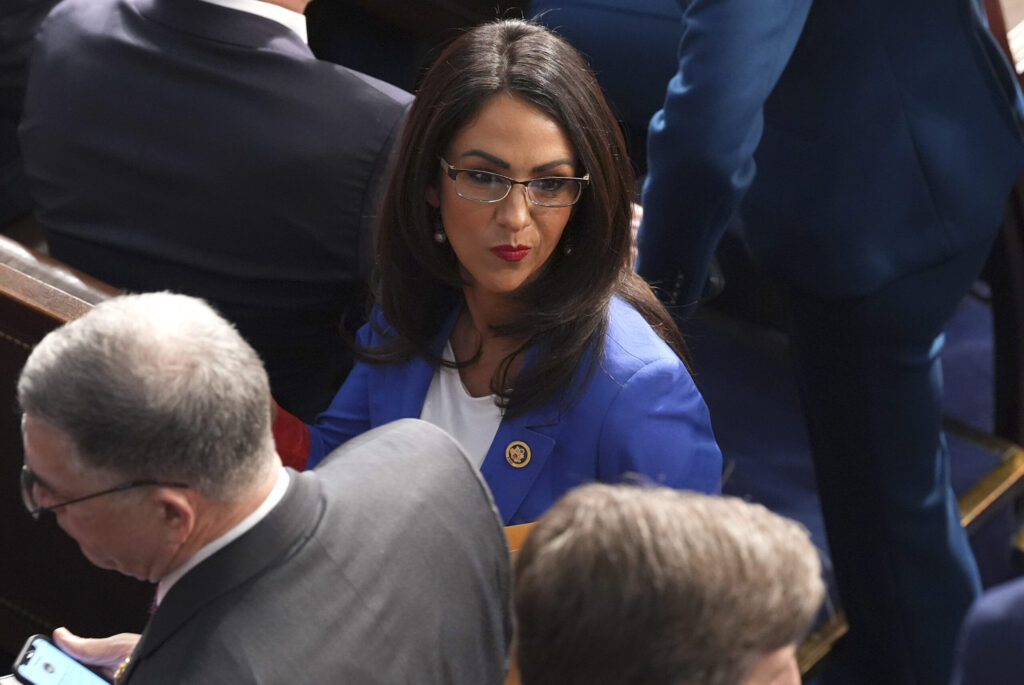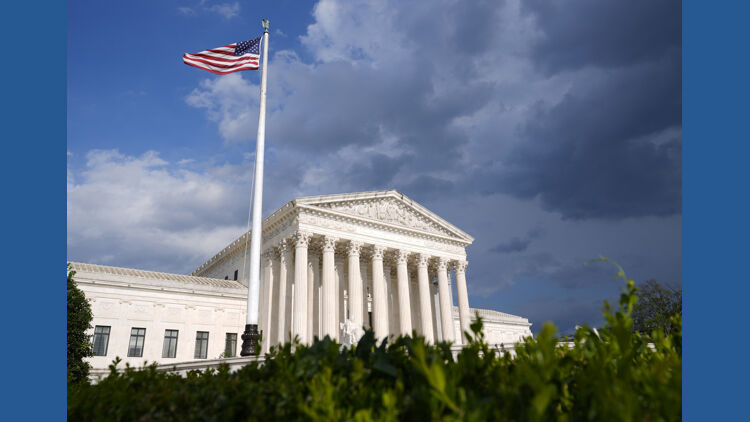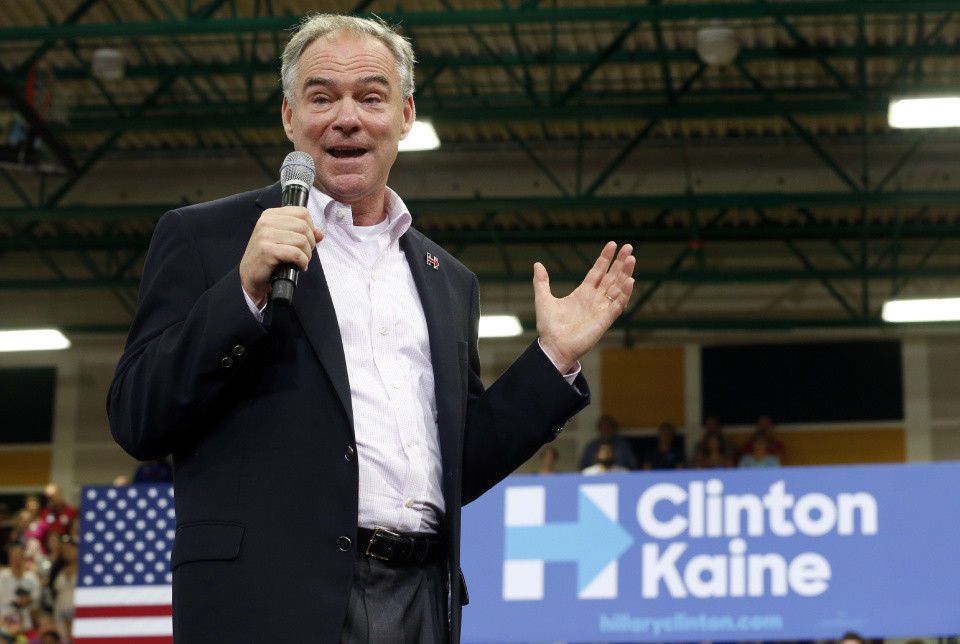Review commissioned by amphitheater neighbors raises issues with sound monitors
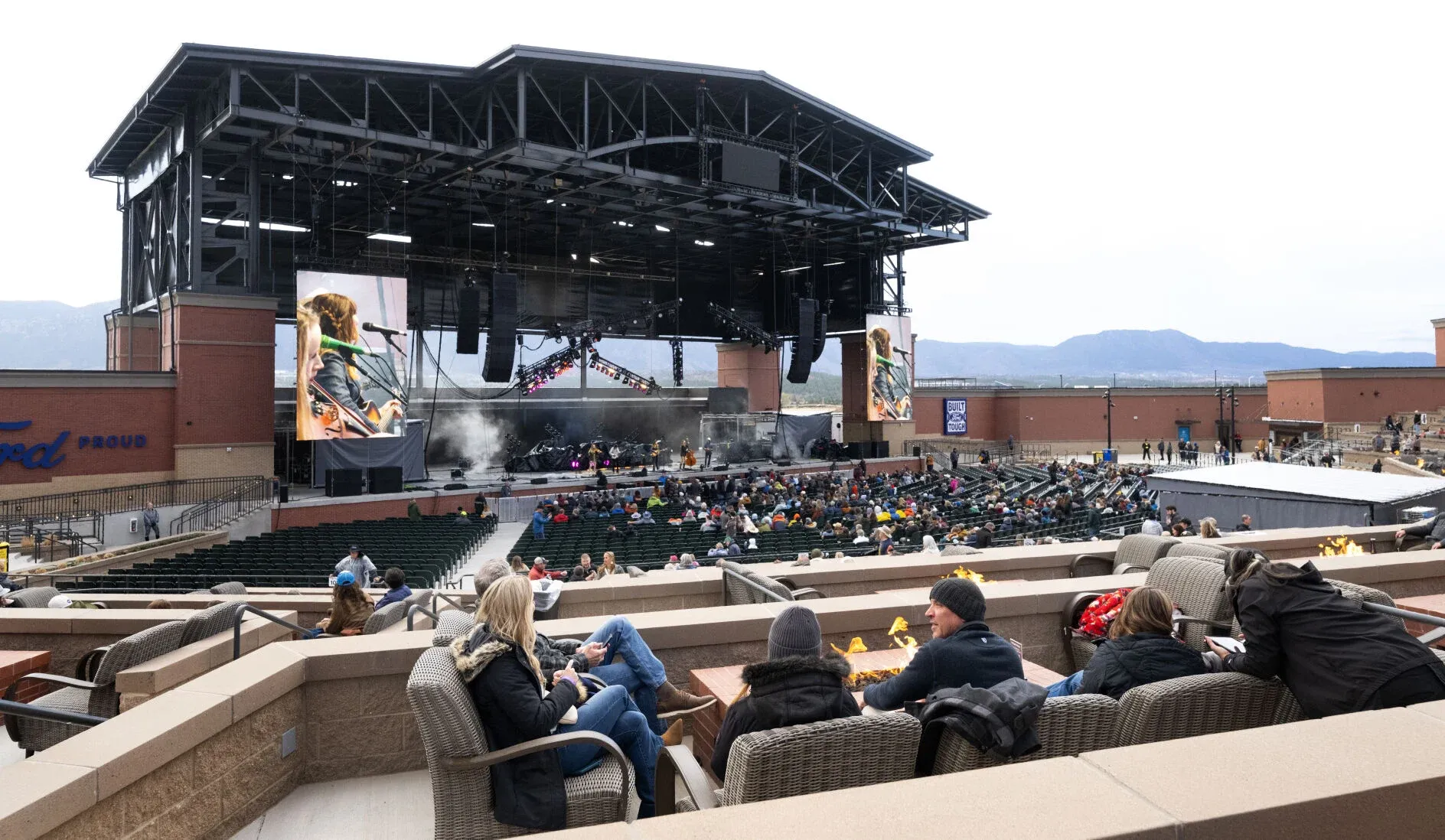
A peer-reviewed study paid for by a group of Colorado Springs residents backed up several of the issues neighbors have raised with sound levels coming from concerts at Ford Amphitheater.
The report was completed July 8 by Dudek Engineering, a California-based engineering firm that specializes in acoustic and noise-control consultations. The Dudek review looked through all of the sound-impact assessments that were performed for the proposed amphitheater before it was approved by the city in 2023, as well as the sound-mitigation agreement signed this year between the VENU amphitheater owners and the city.
Some sound levels were recorded by Dudek during the first week that Ford Amphitheater, an outdoor facility, was open in August 2024, but the review did not include data from this year’s concerts.
The report raised multiple questions about how VENU had originally presented sound mitigation to the city during the original noise assessments. The more pressing issues were about the remote-monitoring system currently in place to enforce potential noise violations, which Dudek said used locations and reporting methods that could obfuscate the actual noise levels from the shows.
“It seems unlikely that any of these stations would result in exceedances under the current methodology, let alone two or more of them during the same period,” wrote Dana Ludico, an acoustical engineer for Dudek and a board member for the Institute of Noise Control Engineering.
The review was paid for by a group of neighbors on Colorado Springs’ north side led by Murray Relf. Relf said that after the final few concerts of 2024 were especially loud and disruptive, people were looking for multiple ways to ensure that the volume would be turned down.
“To address a problem, the first thing you have to do is understand it. So our notion was to get ahold of a reputable sound engineering company and have them review all the documents,” Relf said.
Relf has remained an outspoken critic of the amphitheater even after moving from the nearby Northgate neighborhood to Monument over the summer. Relf said he had discussed the report with Travis Easton, deputy chief of staff for Mayor Yemi Mobolade and hoped it would be taken into account by the city.
“If you’ve read the Dudek study, you might not understand all of it, but there’s a lot of places where you see the word ‘inappropriate’ appear.”
The complaints about concert noise have not quieted down much. Data provided Friday by Colorado Springs showed that 1,469 noise complaints about the amphitheater were filed with the city through the GoCOS app this year. There were seven concerts since the beginning of May that resulted in at least 100 complaints.
Many of the complaints were bare-bones. More than 900 of the noise complaints did not give an address where the noise was heard and simply listed the Ford Amphitheater address on Spectrum Loop. More than 700 gave no email address or contact information.
Tobin Kern, the attorney from Kern Law representing VENU, read the Dudek report after it was provided by The Gazette this week. Kern said the report was “making up new rules” to support stricter sound limits than what the Colorado Springs city charter or state noise laws required.
Kern said the report did not say anything about what the noise levels have been at this year’s concerts, which have not been found to violate the existing noise-hardship permit. While VENU was looking to make some changes to the amphitheater during the off-season, Kern said the additions made last year appeared to have largely worked.
“Every time we get a complaint, we take it seriously. That is why we have done extra noise monitoring in dozens of neighborhoods. That is why we have spent what’ll be around $2 million on all the additional mitigation steps,” Kern said.
Easton said in a statement that city staff would be reviewing all the data available about the concert season, including VENU’s noise numbers, the Dudek report and a third-party set of noise measurements the city commissioned from Hankard Engineering for select concerts. A larger analysis was not expected to come through until November.
“At the end of the season, staff will review all available information and the effectiveness of this year’s measures and will continue engaging with neighbors and VENU during the offseason,” Easton said.
The amphitheater has four concerts remaining on the calendar for the current season, ending with an Oct. 12 performance by alternative-metal band In This Moment.
Some changes to the amphitheater’s noise-hardship permit were already likely due to a recent Colorado Supreme Court ruling. The justices unanimously ruled in a Salida case that local governments could not give private businesses exemptions to the state’s noise-hardship law. The ruling stated that exceptions in the law for noise hardship were intended for events held by the local government or by nonprofits.
Ambient noise, disputed measures
Issues raised in the Dudek report began with the basic question of where to set the noise maximum.
The report advised that the maximum noise level allowed outside the concerts should be 45 decibels instead of 50 decibels. The report based the value on the alternative lower limit set in the city charter and state law for “periodic, impulsive or shrill noises” in residential areas at night.
“We are so far above that in almost all of these cases that quibbling over measurement is almost pointless. It’s just loud, impermissibly loud,” said Robbin Conner, another neighbor in the Northgate area who supported the Dudek report.
The noise-hardship agreement says that concert noise violations will be based on the 50-decibel level or the background noise level before concerts, whichever is higher. Factoring in ambient background noise is common and allowed by the state Noise Abatement Act. Where the Dudek study raised a concern was in measuring those noise levels in the hours immediately before a concert.
“It would be more appropriate to measure ambient sound levels on a similar weekday/weekend evening/night as the event is planned to occur during a week in which there is no event,” the report stated.
Kern argued the ambient noise measurements were in full compliance with the Noise Abatement Act, which said consideration should be given to the noise levels at the same time and place. He said that the amphitheater is in Polaris Pointe, a busy commercial district located right next to an Interstate 25 exit, and would be noisy most of the time.
“You have to measure the noise at the time and place of the event, not in an off-week and not the quietest period,” Kern said.
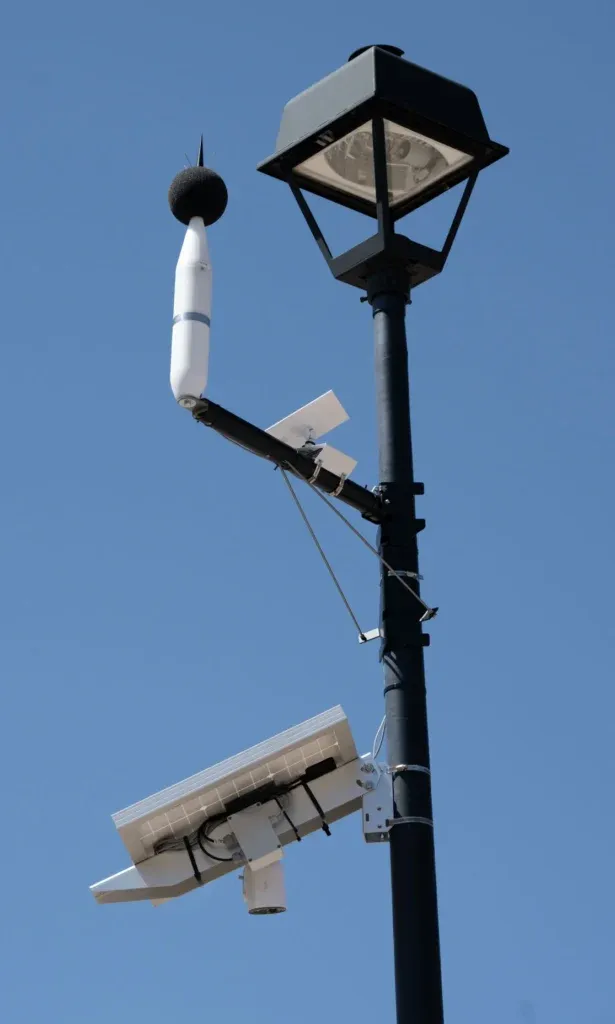
Before the amphitheater opened in 2024, VENU had established two remote-noise monitors above businesses in the Polaris Pointe complex. Neighbors quickly began to question the value of having those monitors be set up near restaurants instead of residential streets.
As part of the sound-monitoring agreement for this year, VENU and Colorado Springs established three more monitoring stations in quieter neighborhoods. The current agreement states that if two of the five monitors report a spike in noise levels of at least 6 decibels during the same part of a concert, VENU will be penalized $500.
The Dudek report said that while the locations had better ambient noise levels, they appeared to be all three locations appeared to be “located far and well shielded from the amphitheater” by the area’s layout. The report recommended that Colorado Springs bring in an independent noise expert to choose the monitoring locations for future concerts.
While the city has not issued any penalties under the agreement, individual stations have recorded significant spikes in volume. The noise report given to the city for the Aug. 10 concert by Slightly Stoopid showed one of the remote stations hit 65 decibels. Other reports available through the city website showed peaks around 60 decibels in neighborhoods during the concerts on June 13 and Aug. 7.
Relf and Connor said the peaks were likely even more extreme than the graphs indicated. The mitigation agreement specifies that the sound reports use a rolling five-minute average. VENU and the city said that metric was used to account for one-off spikes in background noise, but the Dudek review said it was not the most common or direct approach.
“As part of that five-minute average, you might have a whole number of one-second events that are well above state law,” Relf said.
The Dudek report recommended that the noise-monitoring stations provide both the five-minute rolling averages and the one-second averages that are a more real-time reflection. The report also suggested providing data before and after VENU applied its filtering for ambient noise to better understand how the filtering was done.






